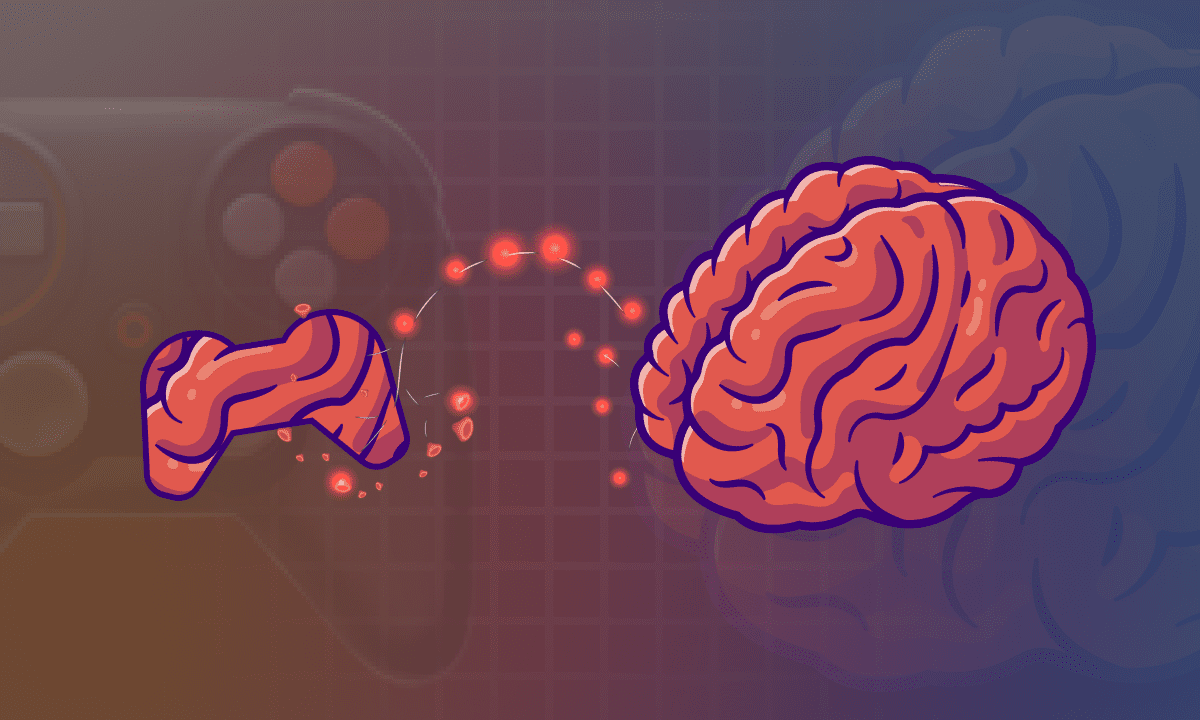Understanding Gaming Psychology: Insights from Recent Studies

What Makes Games FUN (Psychology in Gaming)
Role of Motivation in Gaming
Motivation plays a crucial role in gaming psychology. Studies emphasize two key types: intrinsic & extrinsic motivation. Intrinsic arises from genuine interest. Gamers play because they love the game. It's a personal satisfaction. Extrinsic motivation involves external rewards. Points, badges, & leaderboards drive this.
Research highlights motivation's impact on engagement. High intrinsic motivation boosts enjoyment. Extrinsic rewards can maintain interest but may wane over time. Balancing both is vital for long-term engagement. The gaming industry often employs motivational design elements. Think of loyalty programs & reward systems. These keep players returning.
Emotional triggers also play into motivation. Game narratives evoke emotions. These deepen engagement. Characters with rich backstories captivate players. They're motivated to see narratives unfold. This interplay of motivation & emotion shapes the gaming experience.
| Type of Motivation | Example |
|---|---|
| Intrinsic | Enjoyment of game mechanics |
| Extrinsic | Completing levels for rewards |
Impact of Social Interaction in Gaming
Social interaction profoundly affects gaming experiences. Multiplayer games highlight this. Players connect globally, building friendships. Social interaction boosts camaraderie, & collaboration. It also extends to competition. Competing against friends enhances the thrill.
Surveys reveal the rise of online communities. Platforms like Discord foster communication beyond gameplay. These communities share tips, organize events, & discuss game lore. Membership provides a sense of belonging.
Lisa Pender expressed, "Gaming is my social circle. It's interaction beyond borders."
Be that as it may, social interaction has boundaries. Toxic behavior is a concern. Harassment & bullying can tarnish experiences. Game developers employ moderation tools. These aim to create a safer environment.
- Friendships & alliances
- Global competitive arenas
- Community-driven game extensions
Influence of Rewards & Progression
Rewards & progression systems dictate player retention in gaming psychology. Unlocking new levels or earning items motivates players. It offers a sense of achievement, propelling them to advance.
Recent studies focus on dopamine's role. Rewards trigger dopamine, secreting pleasure signals. This encourages continued play. Be that as it may, endless small rewards may diminish overall satisfaction. A balance is critical.
Developers integrate diversified progression paths. Side quests, achievements, & skill trees provide variety. These enrich gameplay without overwhelming the player. Progression systems shape gaming's brain chemistry narrative.
| Progression Feature | Effect |
|---|---|
| Achievements | Boosts self-esteem |
| Leveling up | Enhances engagement |
Connection Between Emotions & Gaming
Games evoke a spectrum of emotions. Emotions in gaming range from joy to frustration. They form a profound part of the gaming experience.
Players often remember emotional highlights vividly. It's not just winning or losing. In a well-told story, a beloved character's fate emotions derive from such moments. Developers craft narratives to maximize these emotional peaks & troughs.
Emotionally charged experiences promote deep connections. Studies note players favor titles that evoke strong feelings. On top of that, emotional games aid personal growth. They teach empathy & resilience.
- Joy in accomplishments
- Frustration from challenging levels
- Empathy toward game characters
Psychological Effects of Gaming on Players
Gaming impacts players' psychology. Positive effects include improved skills. Cognitive abilities, like decision-making, see enhancements. Gaming psychology researches these beneficial traits.
Adverse effects also exist. Addiction & negative behavior pose risks. Excessive gaming can have negative life impacts. Responsible playing habits mitigate these risks.
Research highlights the need for balance. Parents encourage moderated playtime for children. Developers promote breaks & healthy gaming practices. These efforts foster a positive gaming culture.
| Positive Effect | Example |
|---|---|
| Cognitive skill enhancement | Improved decision-making |
| Hand-eye coordination | Better reflexes |
Self-Experience with Gaming Psychology Studies
Reflecting on personal gaming, insights emerged. Studies enhanced my understanding. Motivation, emotion, & social interaction became clearer. Engaging with player communities transformed my gaming habit. Evaluating reward systems refined my play strategies. Understanding gaming psychology has enriched my experience remarkably. The research presented a new gaming perspective. It reshaped my approach to games & community.

What is gaming psychology?
Gaming psychology is the study of the mental & emotional aspects of playing video games. It explores how games affect behavior, mood, & cognitive development, & how they can be used for educational or therapeutic purposes.
How do video games affect the brain?
Video games can affect the brain by improving cognitive skills such as problem-solving, spatial awareness, & memory. Be that as it may, excessive gaming may lead to negative outcomes like addiction & social isolation. Recent studies focus on the balance between these effects.
What are the psychological benefits of playing video games?
Playing video games can provide several psychological benefits, including stress relief, enhanced creativity, & improved mood. Games that require strategic thinking or teamwork can also enhance cognitive & social skills.
Why do people experience video game addiction?
Video game addiction occurs when individuals lose control over their gaming habits, often neglecting real-life responsibilities. This is frequently due to the game's design, which may include reward systems that keep players engaged. Psychological predispositions also play a role.
How can gaming be used therapeutically?
Gaming can be therapeutic by providing a safe space for expression & problem-solving. Games that simulate real-life scenarios can be used for cognitive behavioral therapy, helping individuals develop coping strategies & resilience.





